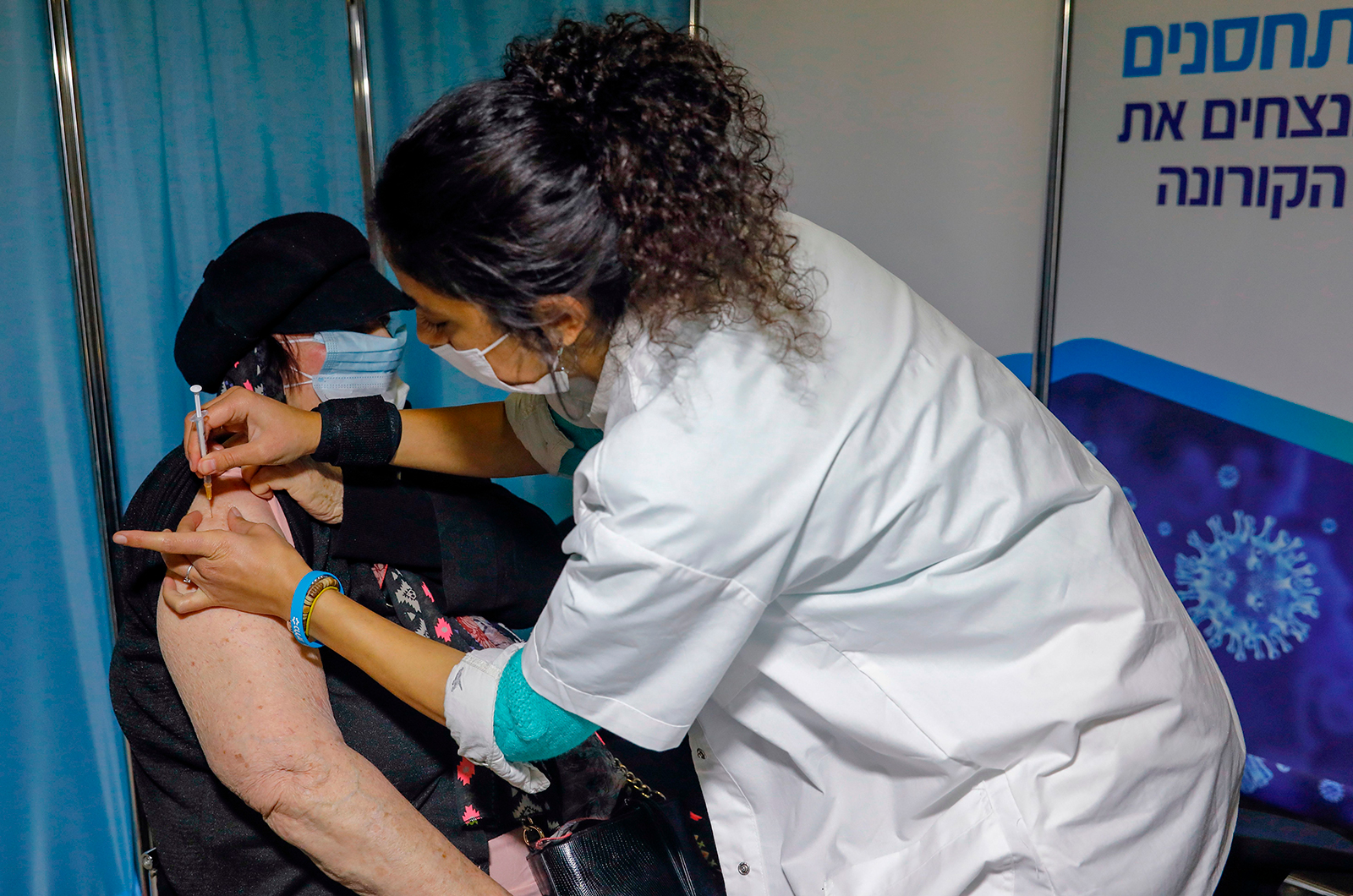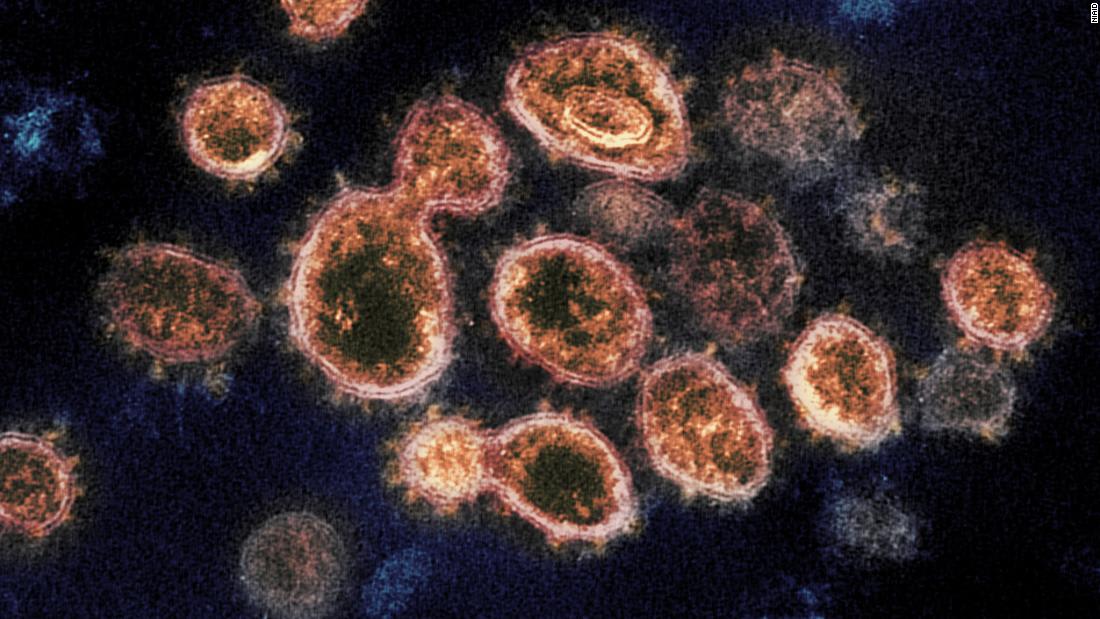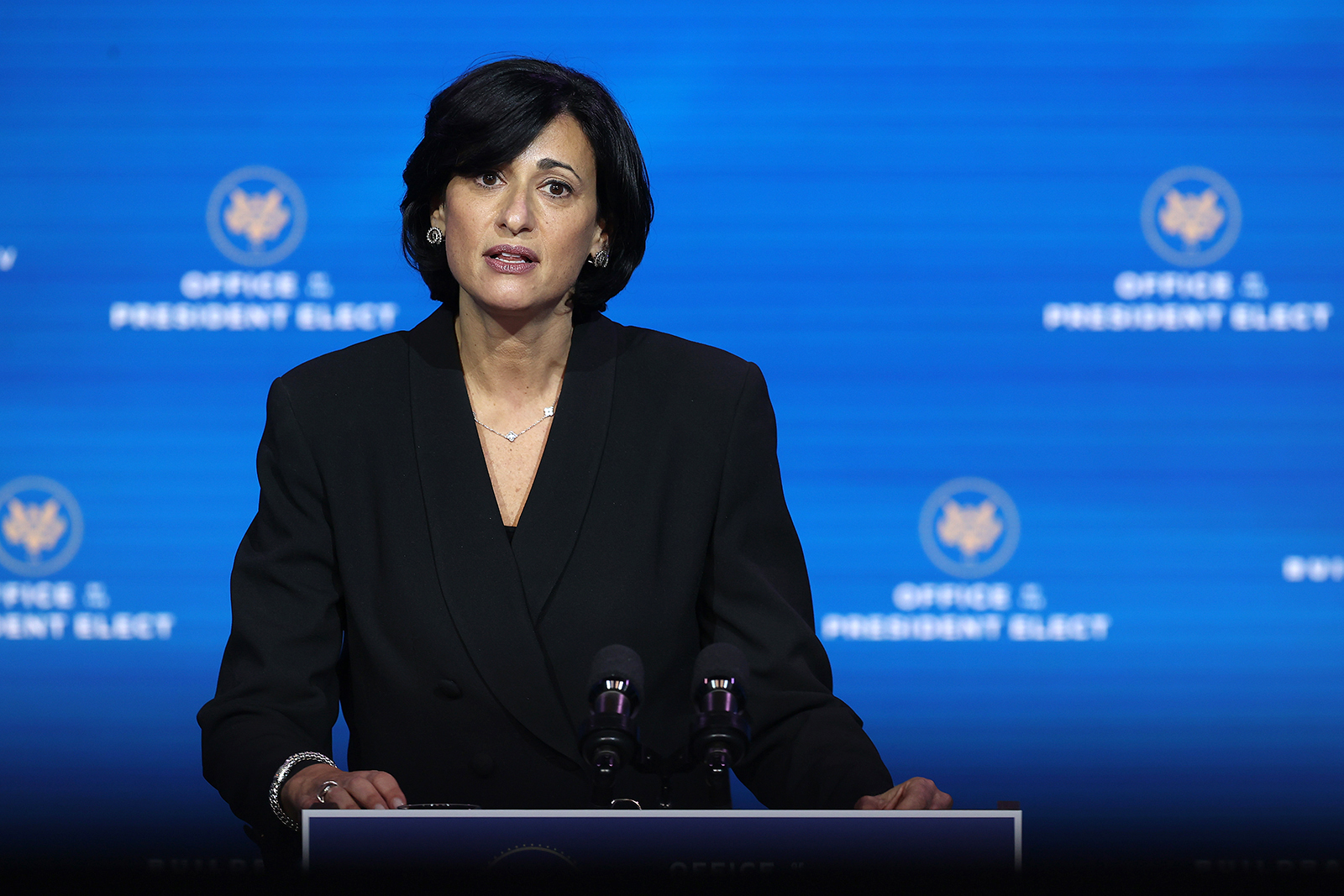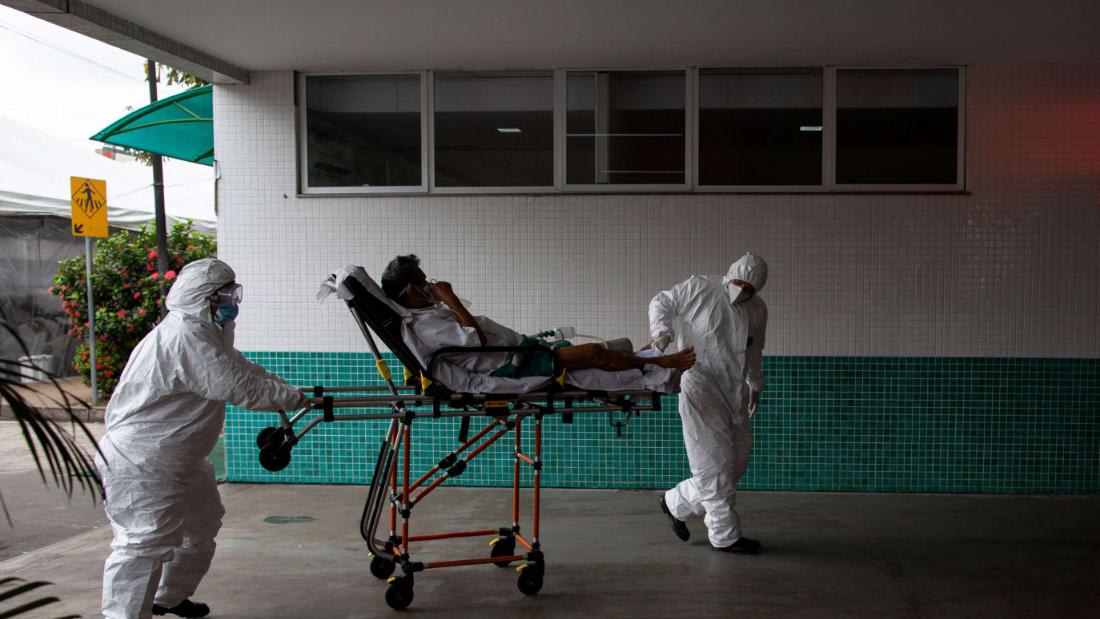
New data from the Israel’s Ministry of Health suggests the Pfizer/BioNTech and Moderna Covid-19 vaccines may be even more effective than previously thought.
The data, which looked at more than 700,000 fully vaccinated people in Israel, found that only .04 percent of people contracted Covid-19, according to the head of Israel’s Ministry of Health, Dr. Sharon Alroy Preis at a press conference on Thursday.
The type of vaccine Israel has mostly used is the Pfizer/BioNTech vaccine with a small number of doses from Moderna. The two vaccines use the same technology, and in clinical trials were found to be about 95% effective.
Some background:
Israel began its vaccination campaign on December 20. The data released Thursday looked at 715,425 vaccinated people who were at least one week past their second dose, giving the vaccines time to kick in and provide immunity. Of those people, only 317 people became sick with Covid-19 and 16 people were hospitalized.
The data sampled many more people than the Pfizer and Moderna Phase 3 clinical trials. Approximately 75,000 people participated in those trials, with half receiving the vaccine and half receiving a placebo.
The two vaccines have been rolled out in several countries including the US, Canada and some European nations. The UK was the first country in the world to inoculate patients with the Pfizer/BioNTech vaccine in December last year.






